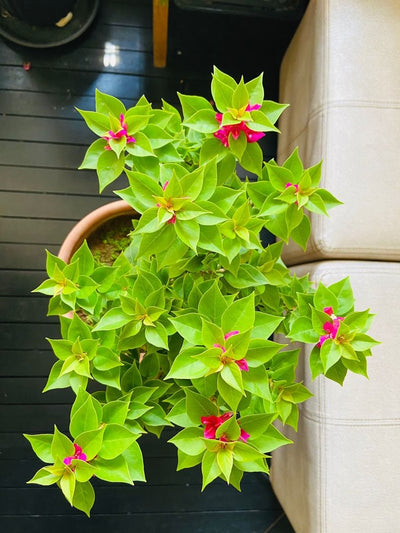What is Soil health and how to control its pH?
Soil is a natural body composed of mineral, organic matter, and living organism. Generally, soil health refers to continued potential of soil to function as a living ecosystem that sustains biodiversity. The health of the soil should be the most critical thing a gardener should look for as soil provides a medium along with all the necessary elements required for the growth and development of our plants.

- Sign of healthy soil-
A healthy soil is what something perquisite for gardening, below are some common signs to judge whether the soil present in your garden is healthy or not-
- A healthy spread out root system
- Dark in color exactly indicates high organic matter which is good for plants growing.
- Plenty of earthworm activity as this will make soil porous.
- Water infiltration capability i.e. process by which water reaches plant roots.

- pH control in soil –
pH is an important property of soil as it directly affects nutrient availability to plants and thus plant growth. Depending upon the pH value soil can be acidic and alkaline in its nature. At high pH level phosphorus and other micronutrient become less available to plants while in highly acidic soil aluminum and manganese become more available to plants.
- For increasing the soil pH- For increasing the soil pH application of lime is generally considered. Fine particles of lime increase he soil pH readily apart from lime application of wood ash Is also a great option as it contains high amount of potassium, calcium along with small amounts of phosphate.
- For decreasing the soil pH- For decreasing the soil pH application of aluminum sulfate and sulfur is considered. Aluminum ions produce acidity soon they dissolve in water. However, during the application care should be taken to over-apply or apply aluminum sulfate on leaves as this is harmful and toxic for them.





Leave a comment